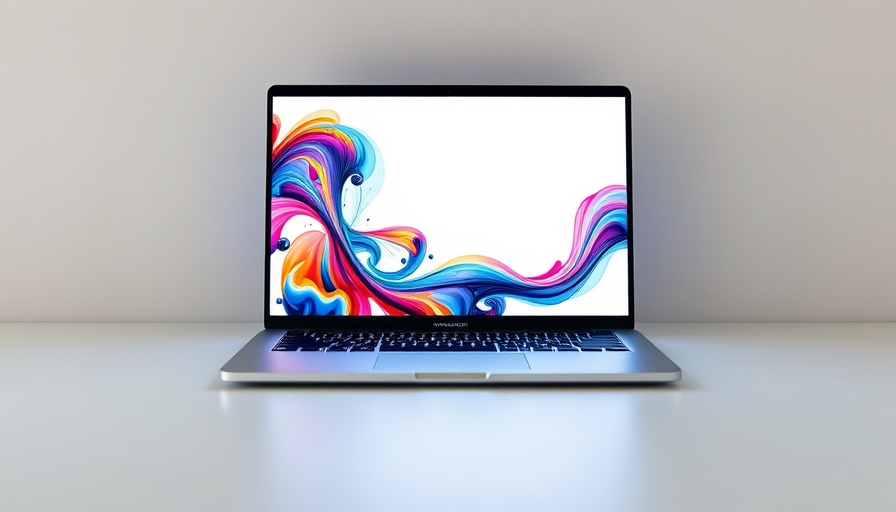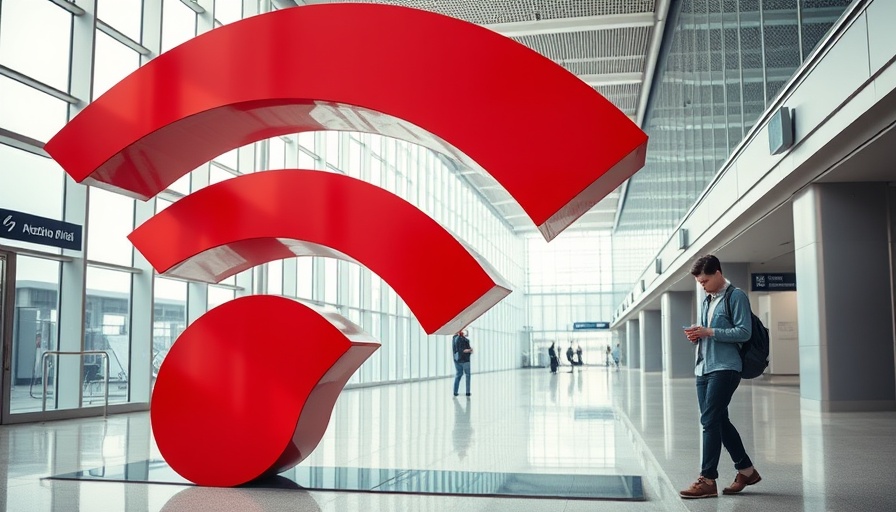
Are Desktops on the Way Out? Dell's $250 Laptop Sparks Debate
In the ever-evolving technology world, the introduction of Dell's latest $250 laptop raises critical questions about the future of desktop computers. With an entry price that is nearly half the cost of Dell's most affordable desktop model, the OptiPlex, one wonders: are desktops becoming obsolete?
Budget-Friendly and Feature-Rich
Traditionally, desktops have been viewed as the more powerful option for computing needs, boasting expandable components and easier repairs. However, Dell's new laptop comes fully equipped with modern features, such as an AMD Ryzen 3 processor, 8GB of LPDDR5 memory, and a 512GB SSD, thus delivering powerful performance for basic tasks without breaking the bank.
Despite desktops’ advantages in certain areas, such as more extensive upgrade potential and overall power, prices have become a major deciding factor. The cost of Dell’s entry-level desktop is set at $439, which leaves average consumers baffled when faced with a laptop offering superior specs at a significantly lower price.
The Shift in Consumer Needs
As lifestyles evolve, the demand for portability and efficiency has surged. Students, small business owners, and casual users now favor laptops over desktops, leading to a decline in traditional desktop sales. The question goes beyond the numbers; it looks at changing user behaviors.
People want convenience, and the seamless experience offered by laptops may very well outweigh the slight performance edge that desktops have traditionally held. This trend is indicative of a future where laptops could dominate the market, especially in the budget-friendly segment.
Performance vs. Price: A Modern Dilemma
The comparative analysis of the two systems emphasizes a noteworthy trend: as technology becomes more accessible, the gap between the functionalities of laptops and desktops lessens, particularly at lower price points. While Dell's laptop provides a full PC experience suited for everything from web browsing to light productivity tasks, the desktop options lag—particularly in affordability and usability for the average consumer.
Even though desktops still cater to specific needs, particularly in gaming or professional environments requiring intensive computational power, the mass market seems more inclined toward the economical and functional laptop options, which can cover a wide range of user needs without the added overhead costs.
The Future of Desktop Computers
Industry trends suggest that while desktops won't disappear overnight, their prevalence—especially in the budget category—might wane as laptops take center stage. As manufacturers like Dell continue to release quality laptops at competitive prices, we might witness a significant shift in consumer preferences.
Conclusion: What Lies Ahead?
So, are desktops on the brink of extinction? The answer isn’t straightforward. The evolving landscape of personal computing suggests that while desktops still hold value in specific niches, the rising dominance of versatile, affordable laptops could redefine the future of home and office computing.
This evolution of user preference gives rise to new opportunities for innovation in both laptops and desktops, keeping manufacturers on their toes in an increasingly competitive environment. Only time will tell if desktops can adapt to survive—or if we are witnessing the end of an era.
 Add Row
Add Row  Add
Add 




Write A Comment